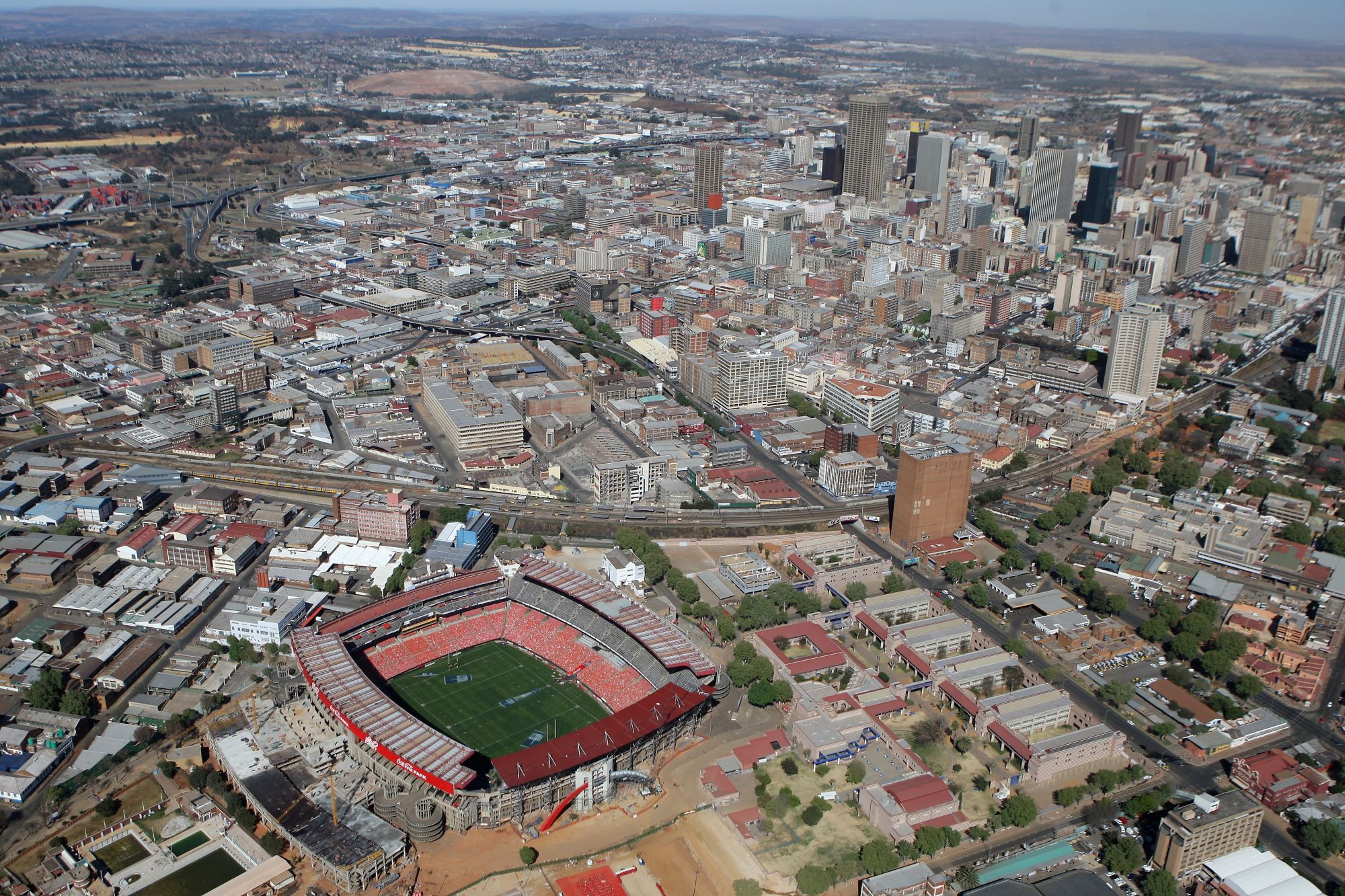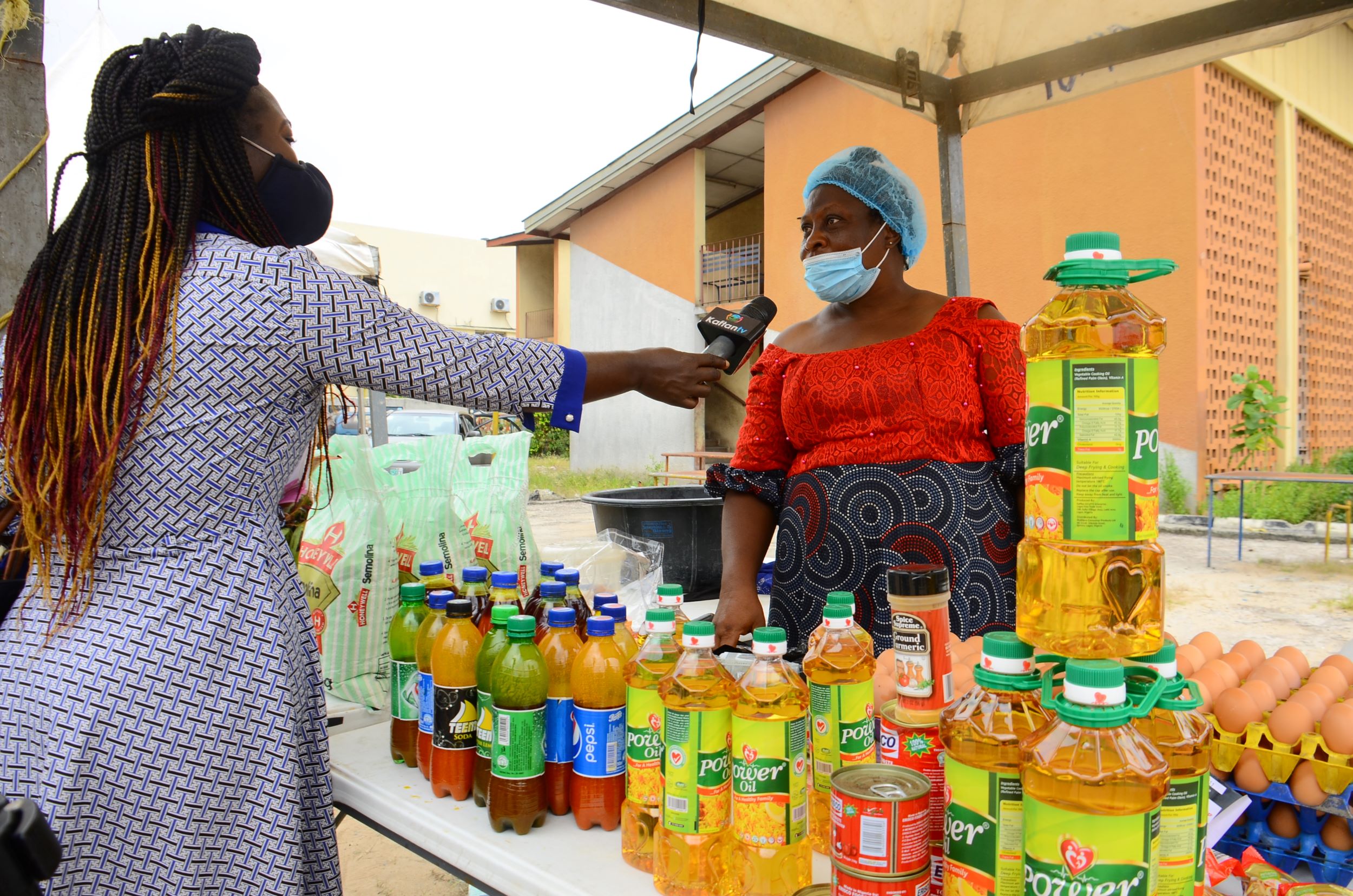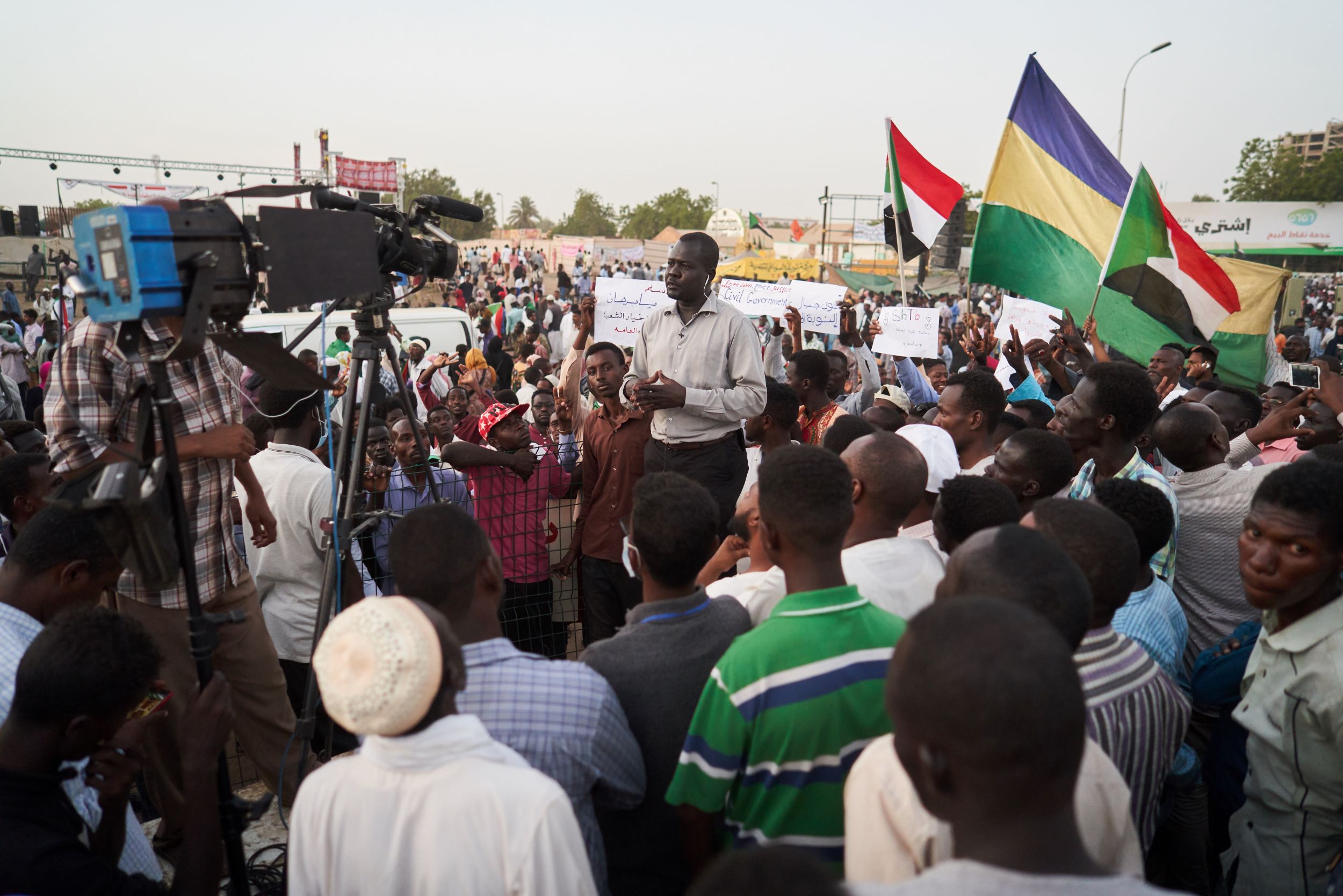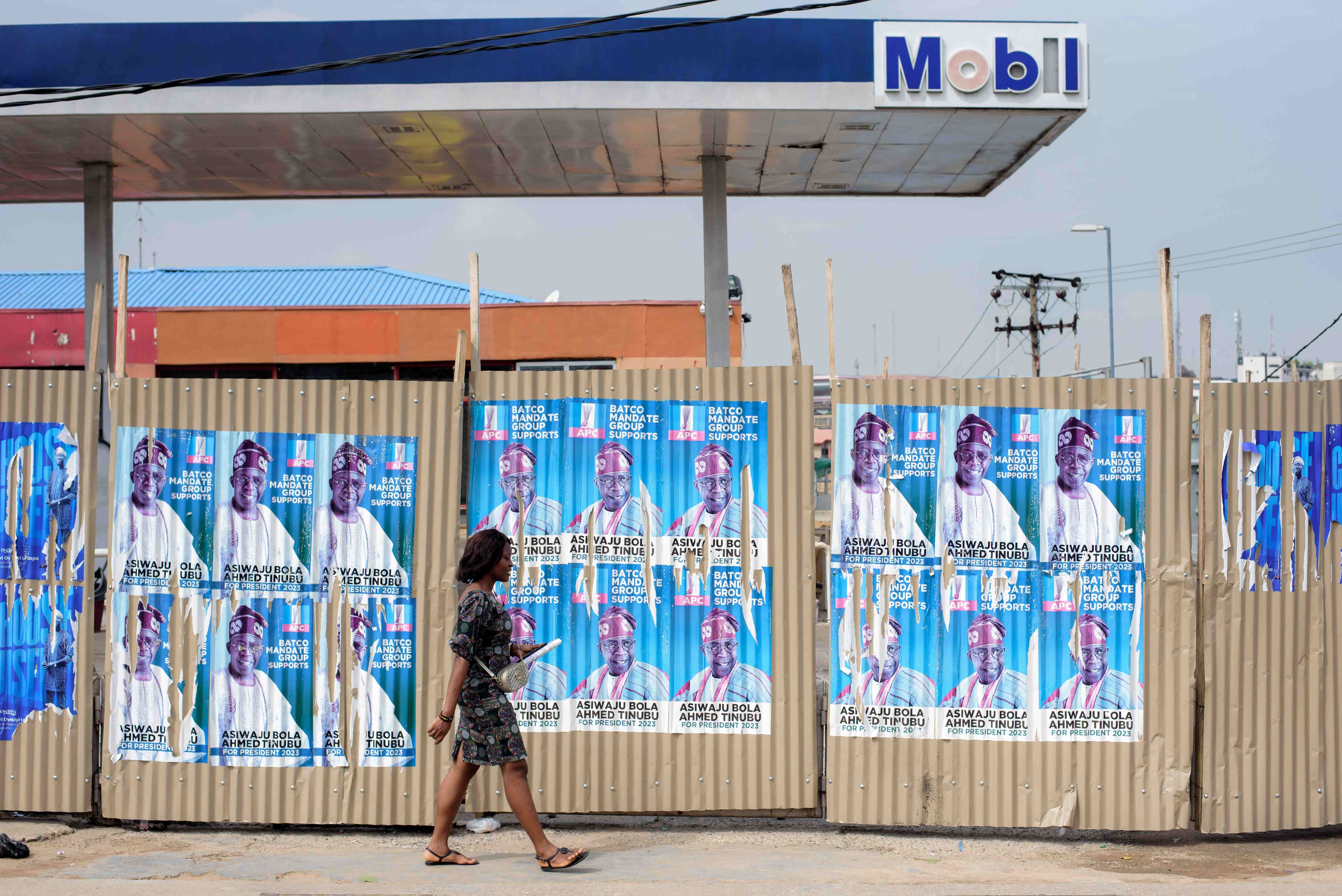The revealing yet underreported impact of mental health on African journalists is far-reaching. Many of them lack medical insurance, support, and counselling while covering sensitive topics or residing in conflicting, violent war zones, with some even considering suicide.
Last year, on 10 October 2024, the world commemorated World Mental Health Day, but for some in the media, it was like any other day, leaving them mentally scarred as before, due to their sacrifices to inform the world. As professionals who daily encounter and document some pertinent, horrific societal issues, they are often exposed.
Stigma and Silence: The Barriers to Seeking Help
Similarly, like sexual harassment inside newsrooms, very few journalists are willing to speak out about their mental health or seek medical help, which is detrimental to their health and profession. Faced with such unsolved problems, 1 in 10 journalists is reportedly to have considered suicide, according to the African Women in Media (AWIM). Two-thirds are negatively affected by the graphic and disturbing stories, and 80 percent experience worn-out because of trauma coverage.
In one year, Aisha Wakaso, a Nigerian journalist-turned-mental health campaigner, lost her marriage and father. From that time on, her life turned upside-down. She could barely eat or sleep for days until she sought some professional help. “The majority of journalists are not even aware of their mental health, and unfortunately the majority of us in Nigeria don’t care about our mental health. We don’t understand what it is; we take it as a joke. It doesn’t know race or gender,” Wakaso told AWIM.
According to findings, security concerns, harassment, and surveillance are some of the initiators of mental health problems for journalists working in Africa’s conflict zones. “Operating without adequate mental health support, Cameroonian journalists routinely expose themselves to traumatic events, particularly in conflict-affected regions. They document violence, human rights violations, and civilian suffering while struggling to maintain professional objectivity,” Garaobe Salomon, a Cameroonian psychologist and blogger, told Al Jazeera Media Review. “This constant exposure to trauma, combined with job insecurity and low wages, creates a perfect storm for psychological distress.”
In this prevalent situation, Salomon observed that Cameroonian journalists are repeatedly facing an invisible crisis that rarely makes headlines: their deteriorating mental health. Cameroon, with more than 600 newspapers, around 200 radio stations, and more than 60 TV channels, often speaking truth to power, still records high violations against media professionals.
There is a known impact around reduced productivity, mainly since mental health struggles can diminish focus, creativity, and output quality. Increased stress might lead to ethical lapses, such as sensationalising stories or making errors under pressure. As such, journalists may leave the profession due to the overwhelming demands on their mental health
“Although Cameroon has one of the richest media landscapes in Africa, it is one of the continent’s most dangerous countries for journalists, who operate in a hostile and precarious environment. Renowned journalist Martinez Zogo was kidnapped and murdered in early 2023,” according to a 2023 report by Reporters Without Borders (RSF).
Makhosi Sibanda, a Zimbabwean journalist and mental health podcaster, says generally, mental health is stigmatised in most African cultures, hence the overwhelming silence. “Journalists often face distinct challenges when coping with mental health issues, particularly in regions where cultural stigmas may discourage open discussions or seeking help, such as here in Zimbabwe. For African men in high-stress environments, these challenges are further amplified by the nature of their work.”
Apart from Zimbabwean journalists, mental health, which includes depression, anxiety, and suicide, is estimated to be affecting 2.8 percent of the 16 million population, but it is widely misunderstood; it however results in high financial costs and loss of lives. Although mental health conditions are highly preventable, challenges like poverty, political and economic stability, and poor access to healthcare facilities continue to exist.
“There is a known impact around reduced productivity, mainly since mental health struggles can diminish focus, creativity, and output quality. Increased stress might lead to ethical lapses, such as sensationalising stories or making errors under pressure. As such, journalists may leave the profession due to the overwhelming demands on their mental health,” Sibanda said.
The aftermaths, Sibanda explains, may result in strained relationships, emotional unavailability, or irritability, which can cause tension within families. This further results in social disconnect, as they spend time away from family due to work, or psychological withdrawal, which may weaken family bonds, he said.
In Cameroon, financial constraints only worsen these challenges. Without medical insurance, seeking professional help becomes a luxury that few can afford, forcing journalists to grapple with their psychological struggles alone. This often leads to career burnout or even leaving the profession entirely.
Coping Mechanisms and the Consequences of Neglect
Without dependable existing social networks and medical insurance to cover expenses to speak to specialists, some turn into self-destruction mode, resulting in long-term effects. “The consequences are severe and far-reaching. Many journalists exhibit symptoms of secondary trauma, anxiety, and depression. Some develop Post-Traumatic Stress Disorder (PTSD), manifesting through nightmares, flashbacks, and hypervigilance,” Salomon told Aljazeera Media Review.
Salomon noted that in Cameroon, financial constraints only worsen these challenges. Without medical insurance, he explained, seeking professional help becomes a luxury that few can afford, forcing journalists to grapple with their psychological struggles alone. This often leads to career burnout or even leaving the profession entirely. In desperation, both Cameroonian and Zimbabwean journalists resort to unscientific—and often harmful—coping mechanisms.
“Alcohol or drug use is sometimes used as a temporary escape from stress, though it exacerbates long-term health issues,” said Sibanda. “What we have seen in our experience is that some turn to trusted colleagues or informal peer networks to share experiences, especially in environments where formal counselling services are unavailable.”
Kenyan journalist Kimani Mbugua talked about his battle with depression, which led him to marijuana use—a reflection of the broader mental health crisis in the African media industry. “A lot of famous people seem to be surrounded by others, but when you go home, it’s just you—alone in the house, with very few people to talk to,” Mbugua told NTV Kenya. “I found solace in smoking marijuana. It changed how I saw things and made me feel connected to another world. It’s hard to tell.”
With increased violence, declining economies, and insecurity, the mental wellbeing of journalists covering these beats remains a cause for concern.
“Reporting on violence can be a double-edged sword for visual rhetors who encounter constant mental health stressors from graphic images, sounds, and accounts of violence. In East Africa, journalists must deal with other setbacks like threats of violence and political pressure that contribute to the sense of helplessness and despair,” a 2023 study, Courting Trauma: An Unspoken Mental Health Crisis Among Journalists in East Africa by the Research Association for Interdisciplinary Studies (RAIS), said.























![Palestinian journalists attempt to connect to the internet using their phones in Rafah on the southern Gaza Strip. [Said Khatib/AFP]](/sites/default/files/ajr/2025/34962UB-highres-1705225575%20Large.jpeg)




















